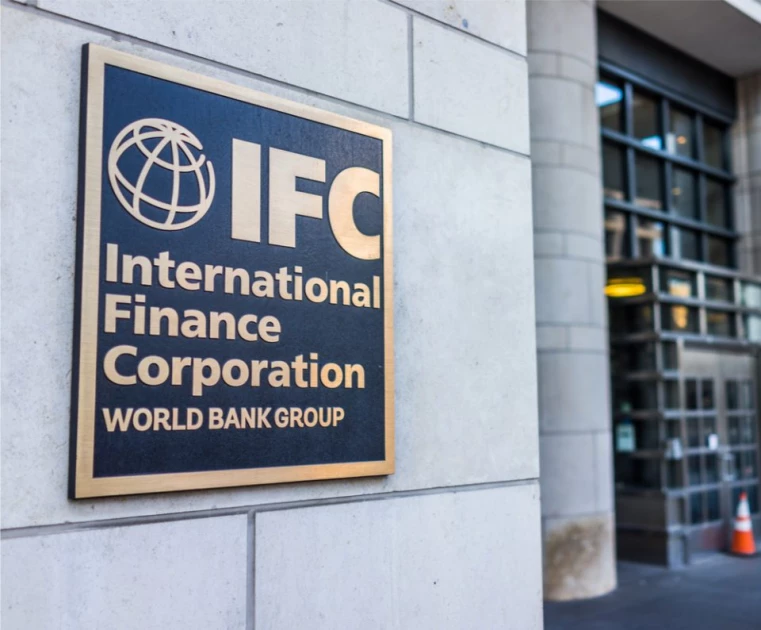OPINION: How 15 rising stars are helping to build Kenya’s capital markets

As Kenya moves boldly to boost economic growth and development, it has a promising tool at hand: a local network of 15 graduates of the International Finance Corporation-Milken Institute Capital Markets Program, which is training and equipping rising stars among the world’s emerging markets regulators.
Working at Kenya’s Capital Markets Authority and Central Bank, they are forging new ways to broaden and deepen Kenya’s capital markets and encourage more transactions in the market.
In my recent trip to Nairobi as IFC’s Vice-President and Treasurer, I met with the alumni and left feeling very hopeful about Kenya’s future.
Launched in 2016, scholars in the IFC-Milken Institute Capital Markets Program leave their home countries for eight months of training at the George Washington University School of Business in Washington, D.C., and internships in the financial sector in the United States. As graduates they join an increasingly influential network of roughly 200 alumni across 51 countries.
In my meeting with the graduates in Kenya—who have also formed the program’s first country chapter—alumni shared exciting new ideas for how Kenya can develop new financial products that mobilize local savings into the real sector, including innovative instruments that support the government’s medium-term debt sustainability program and a podcast to help spread financial literacy.
Building a global community of well-trained capital market
practitioners who can work together to find solutions is more important than
ever.
That’s because
the magnitude and diversity of today’s economic shocks make the job of central
bankers, treasury officials and other policy setters much harder. Today’s
overlapping crises are global and finding solutions is far more difficult, more
complicated.
Twenty years ago,
central bankers did not have to consider climate change or pandemic recovery.
These issues were typically tackled by other government institutions. But
today’s challenges are much more complex and interconnected and require greater
cooperation between institutions and governments. Policy responses require a
higher level of coordination than we had in the past and greater dialogue
between institutions and countries.
Alumni of the IFC-Milken Institute are already making a difference. Some of them have worked their way up to senior leadership positions. Others are leading reforms and adapting what they learned at the program to the reality of their home countries.
Recently, in Washington, D.C., the governor of the Central Bank of Kenya, Dr. Patrick Njoroge, spoke to scholars of the ninth and tenth cohort about how the program helps prepare participants for prominent roles. An early advocate for the program, Dr. Njoroge has been a tremendous supporter and attended our first alumni retreat in Lake Naivasha in 2018.
We recently ran a survey of alumni. I was delighted to see that they are reaching out to each other on a range of topics such as primary dealership systems for government bonds, market surveillance and segregation of funds.
We are
proud to be part of this movement. Capital markets are one of the most powerful
drivers of economic growth and prosperity. And who benefits from this progress?
The entrepreneurs who need funds to scale up their businesses and meet the demands
of a larger customer base. The business owners who want to expand beyond their
borders into new markets. And the nation. By strengthening capital markets in
Kenya, we can help realize economic growth for all.
John Gandolfo is the Treasurer and Vice President of Treasury and Mobilization at the International Finance Corporation, a member of the World Bank Group and the largest global development institution focused on the private sector in emerging markets.
Want to send us a story? SMS to 25170 or WhatsApp 0743570000 or Submit on Citizen Digital or email wananchi@royalmedia.co.ke
Comments
No comments yet.


Leave a Comment